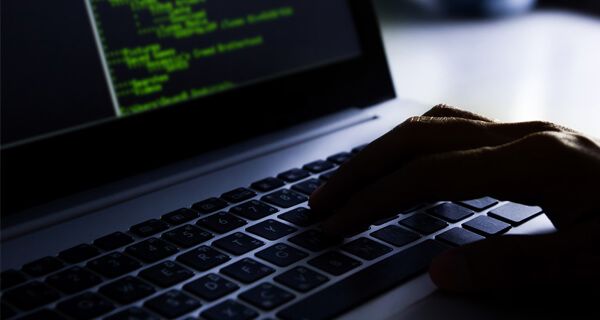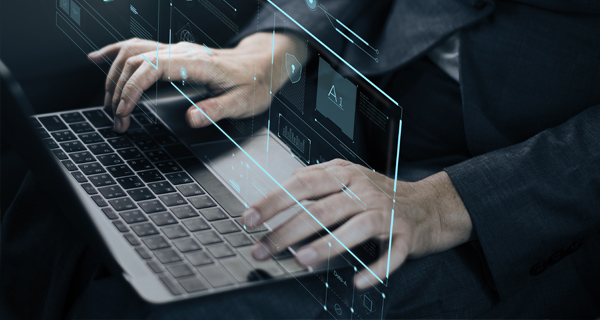Email accounts often contain a lot of personal information, making them a valuable target for hackers and cyber criminals. Make sure yours is protected.

While email can be a convenient way to communicate between friends, family and work, it can be a nightmare if you get hacked. Not only is it a hassle, but you can also fall victim to fraud.
The National Fraud Intelligence Bureau’s (NFIB) Proactive Intelligence Team recently spoke to a convicted hacker who said: “You’ll be surprised what information people send on email. I’ve got hold of people’s bank account numbers because they have sent them on Hotmail. When I’m in someone’s email account I search for things such as invoices, PayPal receipts, online shopping and anything financial. Once I’ve got these, I’ll try and log in!”
It is easy to see why hackers like having access to your email accounts, which is why it is important you take some steps to protect yourself.
Consider using different emails for different purposes
It is a good idea to consider using different email accounts for different purposes such as work, personal, online shopping etc. This spreads the risk and will also help you figure out what precisely may have fallen into the wrong hands if one of them is hacked.
Take advantage of Two-Factor Authentication (2FA)
Enabling 2FA is one of the best ways to make sure your accounts don't get hacked. 2FA is a feature that asks for more than just your password. It requires both "something you know" (like a password) and "something you have" (like your phone). Most email suppliers provide this feature and have step by step instructions on how to install it.
Watch out for suspicious emails and use anti-virus
If you receive a email from a sender you don’t recognise, don’t click on any links or download any attachments. Hackers will often try to trick you into revealing your password or downloading a virus onto your device to gain access to your account. Additionally have anti-virus installed on all your devices and keep it up to date.
Be careful when using public Wi-Fi and shared computers
Avoid logging into your email account from a public computer (eg. at a hotel, internet cafe) as it could be infected with spyware. Additionally don’t connect to unsecured public Wi-Fi, use mobile data services such as 4G to access your accounts instead.
Have a secure password
Passwords are your first defence against hackers. For a secure password you should use three words and include a symbol, upper/lower case letters and numbers. Remember the more complex and unique to you your password is, the harder it is to crack.
Use a Virtual Private Network (VPN) for extra security
Use a trusted VPN service in order to secure your web traffic. By using a VPN you’ll be encrypting all of your data that passes through the network. Find out the benefits of running a VPN on your laptop and smartphone.
If the unfortunate does happen and your email does get hacked, change your password immediately, run a anti-virus scan on your device and report it to us.



